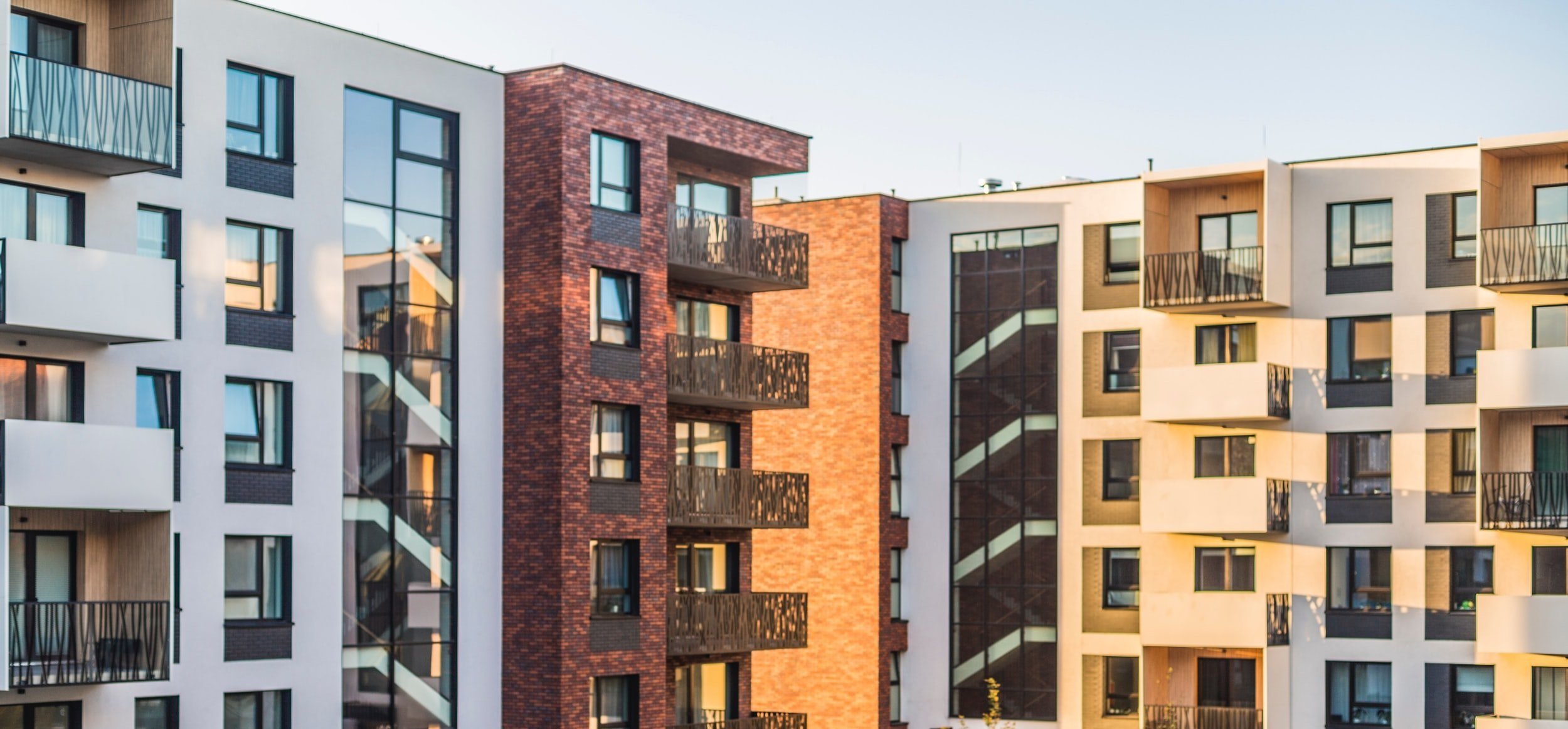Securing MDU Web Data Flow Through Strong Encryption Protocols for Safeguard End-User Confidentiality and Information Integrity
Securing MDU Web Data Flow Through Strong Encryption Protocols for Safeguard End-User Confidentiality and Information Integrity
Blog Article
Within the current online world, securing web traffic is increasingly important than ever before, especially in Multi-Unit Units (MDUs) such as apartment complexes and condominiums settings. These environments often have many residents utilizing the same web connection, which can result to potential safety risks. To guarantee that users' privacy and information integrity are protected, it is vital to adopt robust coding protocols. Encryption is a technique that scrambles information, making it inaccessible to anyone who do not have the appropriate key to decrypt it. This process helps keep personal information secure from hackers and unapproved access.
A of the widely commonly used coding protocols is SSL Socket Layer (SSL) and its successor, Transport Security (TLS). These protocols establish a protected connection between a user’s system and the web, ensuring that all information exchanged remains confidential. When tenants in an MDU use websites that employ SSL/TLS, their private data, such as passwords and payment billing details, is secured. This means that although if someone tries to capture the information, they would merely see a jumble of letters and digits, rendering it nearly impossible to comprehend. By promoting the adoption of these protocols, MDUs can greatly improve the security of their tenants' internet actions.
Another important coding method is Virtual Secure Tunnel (VPN) technology. A VPN creates a secure pathway for web data, which protects users from prying observers, especially when accessing shared Wi-Fi networks. In an MDU, where numerous tenants may link to the identical network, using a VPN can assist guarantee that individual internet activities remain confidential. This is especially important for tasks such as online banking or accessing confidential data. By encouraging the adoption of VPNs among tenants, MDUs can cultivate a more secure internet environment and help protect against data breaches.
In addition to these encryption methods, it is essential for MDUs to inform their residents about the importance of cybersecurity. Many individuals may not be conscious of the threats linked with using mdu cybersecurity measures shared web connections. Offering resources on how to recognize phishing attempts, the necessity of robust passwords, and the benefits of employing secure websites can empower tenants to assume control of their online security. Seminars or educational meetings can be effective ways to raise awareness and promote optimal habits for internet security.
Ultimately, MDUs should think about working with internet provider providers (ISPs) that prioritize security and provide advanced encryption features. By partnering with ISPs that implement robust encryption standards, MDUs can ensure that their residents have availability to protected internet connections. This partnership can lead to improved general security for the entire complex, as well as enhanced trust among tenants. By implementing these steps, MDUs can create a safer internet environment, protecting user confidentiality and data integrity in an ever more connected environment.